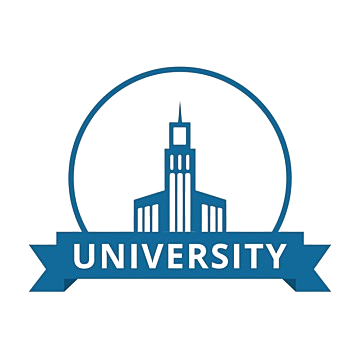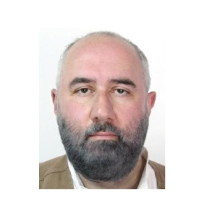Open Access Policy refers to a set of principles and guidelines aimed at providing unrestricted access to scholarly research and literature. It promotes the free availability and unrestricted use of research outputs, enabling researchers, students, and the general public to access, read, download, and distribute scholarly articles without financial or legal barriers. In this response, I will provide you with an overview of the history and latest resolutions related to Open Access Policy.
Traditionally, in lecture courses on General Physics, the example of waves propagating on the water surface is used for the qualitative description of wave phenomena. At the same time, in corresponding laboratory courses, there are almost no quantitative tasks on the same topic, the purpose of which would be to measure the surface wave characteristics. The reason for this difference must be associated with the complexity of the physical mechanism of generation and propagation of waves on the water surface. In this work, a laboratory problem has... been developed to measure the group velocity of circular waves traveling on the water surface. It uses a standard laboratory water tank equipped with a surface wave generator. The proposed experiment offers an opportunity for quantitative measurement of surface wave characteristics, a dispute of only qualitative observations of wave phenomena commonly found in current curricula, due to the introduction of two improvements. First, to produce the water waves’ rich in-contrast representations on a screen, the optimal generator amplitude is specially set for each experiment; and second, to measure the group wavelength, the device magnification is preliminary calculated based on the laws of geometric optics. The tests carried out have shown that the relative accuracy of these measurements is quite acceptable: within a few percent. The introduction of the problem of surface waves on water into the General Physics laboratory workshop for engineering specialties of technical universities will contribute to improving the quality of mastering the subject by students.









